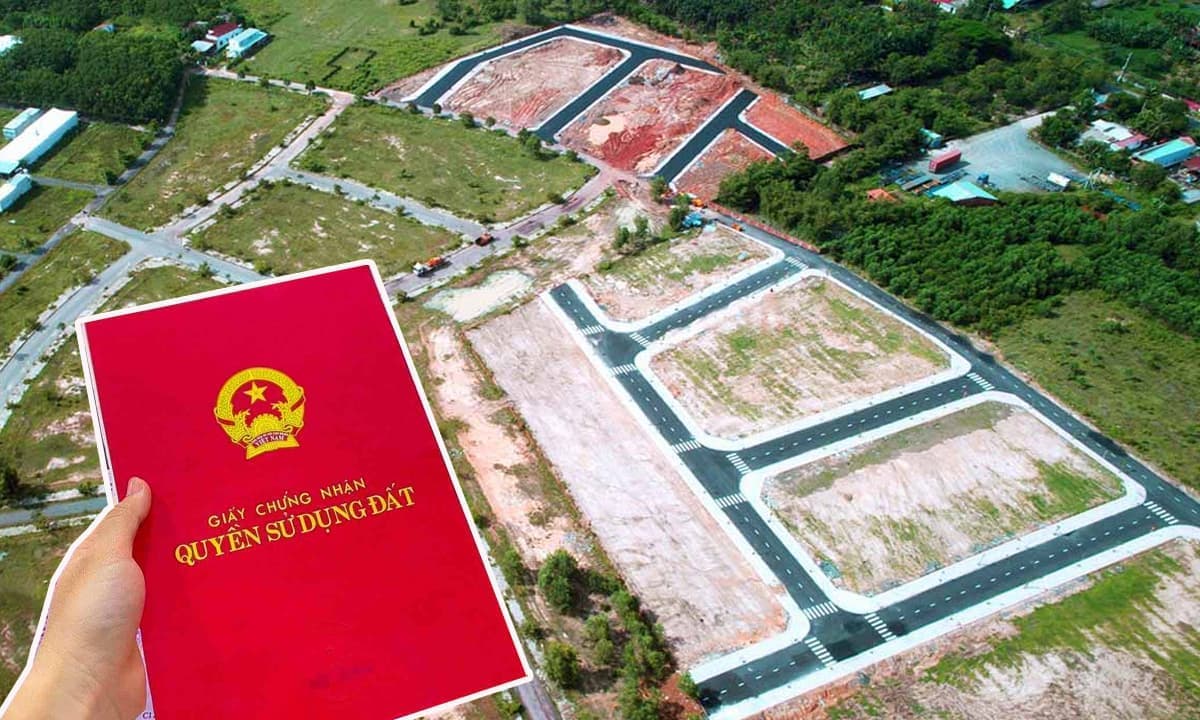The Space Station’s Russian Segment Won’t Stop Leaking Air

A pesky air leak on the International Space Station (ISS) just won’t quit. Although the crew hoped they had sealed the last crack on the Russian module, long-term observations revealed that the ISS is still leaking air.
During a recent press conference, a Roscosmos official told reporters that recent attempts to fix the leak have slowed down the rate of air leaving the space station but that it’s not yet completely sealed. “The leak is ongoing,” Russian news agency TASS reported. “We continue our efforts to find and fix it, with the recent repairs having seriously reduced the rate of air leakage,” Sergey Krikalyov, the executive director of manned space programs at Roscosmos, told reporters on Wednesday. “For some time we even thought that we had found the last crack and sealed it, though long-term observations have shown that it continues.”
Roscosmos first reported the leak in September 2019, tracing it to the vestibule (named PrK) that connects a docking port to the Russian Zvezda module, which the space agency had launched to low Earth orbit in July 2000. Over the past six years, the rate at which the air is leaking doubled from one pound a day to a little over two pounds a day, according to a report released in 2024. That led NASA to elevate the leak to the highest level of risk. At the time, it was reported that NASA and Roscosmos could not agree on the root cause of the leak or a way to fix it.
Later in June, things seemed a bit more promising. NASA postponed the launch of the private Axiom 4 mission to the ISS, which was originally scheduled for June 11, citing a new pressure signal in the Zvezda module. NASA explained that the pressure signal, or a change in airflow or cabin pressure picked up by sensors, may be a sign that the leaks have been sealed following recent attempts to repair it.
As it turns out, this is one tough leak to seal. Roscosmos, however, is not giving up. “It is important for all of us to make sure that such situations do not arise at future stations,” Krikalyov said. If necessary, the space agencies could agree to permanently shut off the hatch to the Russian module. Without access to Zvezda, the ISS would operate normally except there would be one less docking port for spacecraft delivering cargo to the crew.









